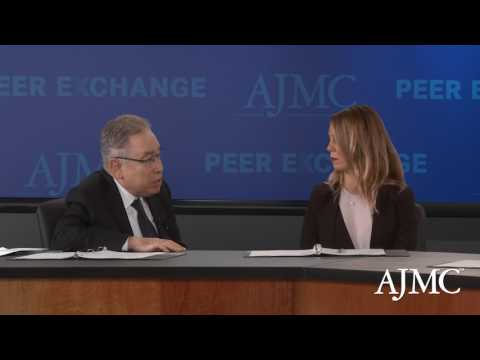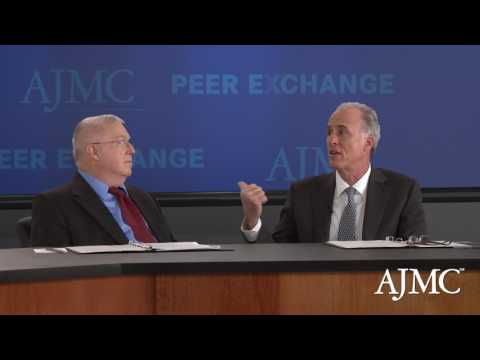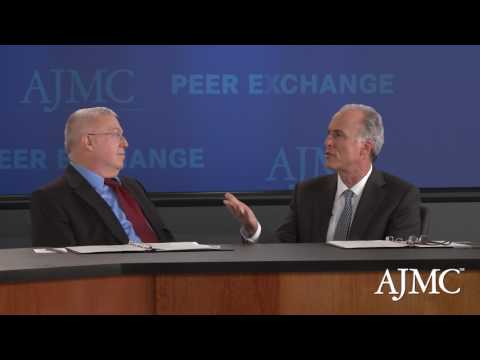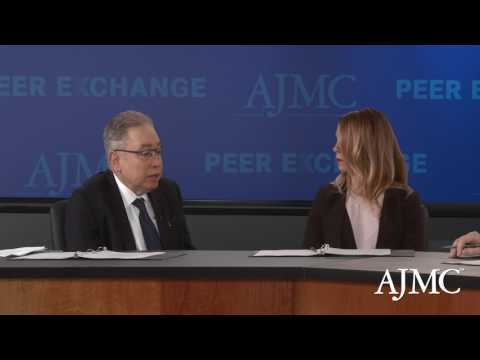
Cardiovascular
Latest News
Latest Videos

CME Content
More News

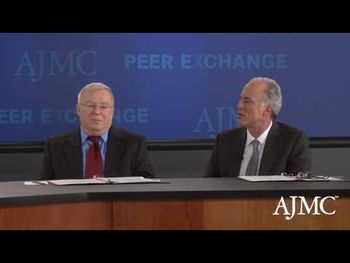
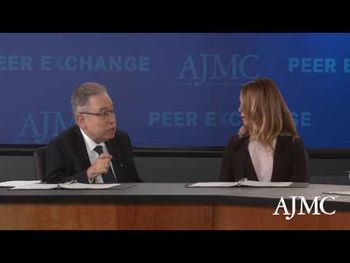


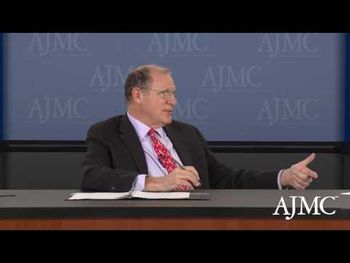




The Million Hearts initiative, which aims to prevent a million cardiovascular events in a 5-year period, will focus on utilizing its partnerships with health systems and employers as it embarks upon its second phase, according to Janet Wright, MD, FACC, the program’s executive director.

At the Academy of Managed Care Pharmacy Annual Meeting in Denver, Colorado, Kevin C. Maki, PhD, CLS, FNLA, FTOS, FACN, of Midwest Biomedical Research/Center for Metabolic and Cardiovascular Health in Chicago, Illinois, discussed methods of quantifying treatment effects in cardiovascular outcomes trials.

During an industry workshop at the Academy of Managed Care Pharmacy Annual Meeting in Denver, Colorado, Cliff Goodman, PhD, of the Lewin Group, moderated a session that provided a health economic case study on cardiovascular outcome data for Repatha (evolocumab), the PCSK9 inhibitor from Amgen.

The study found a "dose effect" in the elderly women who took statins to treat cholesterol.

The drop in mortality was driven by a significant drop in cardiovascular mortality, the leading cause of death among seniors.


Researchers have identified another high associated with marijuana use: the risk of heart failure and cerebrovascular accidents.

An author in JAMA points out some caveats to a ground-breaking trial.

Amgen's Repatha was shown to reduce the risk of cardiovascular events, such as cardiovascular death and myocardial infarction, in phase 3 of the FOURIER study. Full results will be presented in March 2017 at the American College of Cardiology 66th Scientific Sessions.

Busy lifestyles are eroding the lines of traditional meal times, and all-day eating is bad for cardiovascular health, the statement says.

The study found only tobacco use and hypertension were worse on the heart than depression.

The new study in Diabetes Care comes more than a year after the initial results of the TECOS trial were presented at the American Diabetes Association Scientific Sessions.

Researchers considered finding a diabetes drug that also produced a cardiovascular benefit to be a "holy grail."

The matchstick-size pump has been heralded as a game changer in addressing the biggest problem in diabetes care: medication adherence.

Patients who live with rheumatoid arthritis do not die from swollen joints but face twice the risk of suffering a heart attack or stroke.

A new study suggests pollution particles could set into motion events like heart attacks and strokes years before they occur.
